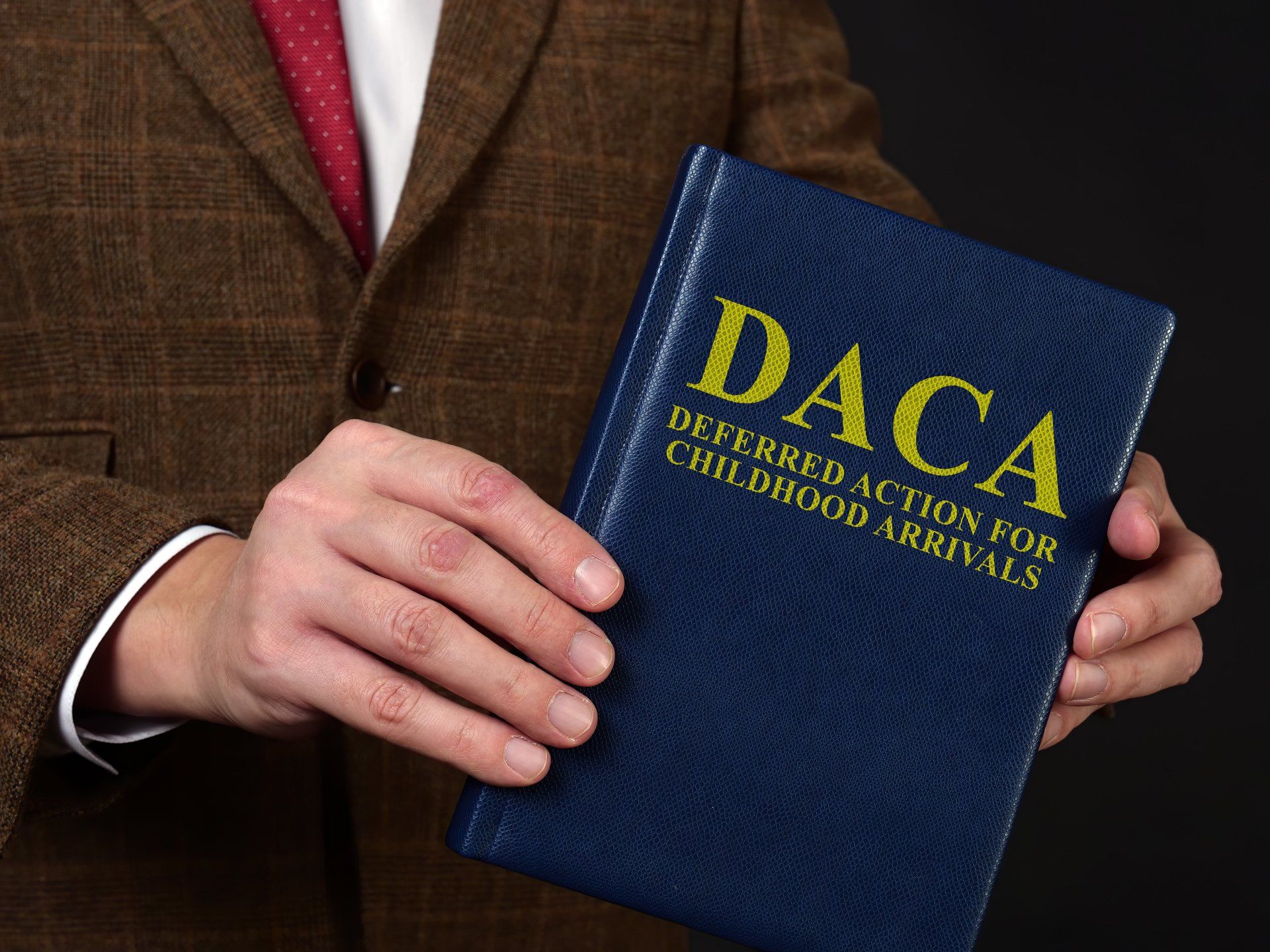3 min read
Product vs. Premises Liability Claims: What Are They and Who Can Be Held Responsible?
Juan Carlos : 1/3/22 12:00 AM
Product liability claims are brought against manufacturers for injuries caused by defective products. Premises liability claims are brought against property owners or businesses for injuries that occur on other people’s property, like slip, trip or fall injuries.
In both cases you’re bringing claims against businesses or property owners with significant liability policies. This is markedly different from an auto accident injury case where your compensation might be significantly constrained by the low policy limits of an underinsured driver.
Product Liability Injuries
Most product defects fall into one of three broad categories:
- Design defects
- Manufacturing defects
- Marketing defects
Design defects are mistakes made during a product’s design process. These defects make the product inherently dangerous when it’s used as intended or for unintended but predictable uses.
A manufacturing defect was a mistake made in the casting, molding or assembly process that caused the product to be dangerous when used.
There are a nearly limitless number of potential manufacturing defects. Maybe the right mix of materials didn’t go into the alloy used, resulting in a weakness that led to early metal fatigue and breaking. Maybe the way something was assembled caused a screw in a device to get stripped and fall out during the product’s use, resulting in injury.
Manufacturing is complicated, and mistakes can happen that make consumer products dangerous to use.
A marketing defect most often has something to do with warnings, labeling or the lack thereof. In many cases that means purchasers weren’t warned of the dangers posed by a product. Like a toy being sold without warnings about small, swallowable parts or age recommendations.
Product liability lawsuits are strict liability cases, which essentially means the manufacturer doesn’t have to be negligent in the traditional sense. They might have been careful and responsible, but a defect happened and they’re liable for the damages. However, plaintiffs do need to prove:
- A defect existed
- The product was used as intended or was used in a manner that was foreseeable by the manufacturer
- The person who was injured didn’t drastically modify the product in a way that caused the injury or made the injury more likely
Although that may sound straightforward, product liability cases aren’t always easy to win. Businesses have high-priced insurance company lawyers who will aggressively defend claims against them. They also tend to be very careful in the way they draft instructions and safety warnings to minimize their liability exposure.
Slip and Fall and Other Premises Liability Injuries
Slip and fall injuries are quite different from product liability injury claims. Both have quite a few restrictions that make filing successful claims more difficult for plaintiffs. In a product liability case if a person misuses a product or ignores warnings and is injured, they will likely have trouble winning a claim.
In a slip and fall or premises liability case, if you were being inattentive and fell – or ignored a wet floor sign and slipped on a wet floor – you would probably have trouble winning damages.
To have a successful premises liability case, the plaintiff generally needs to be able to prove:
- The property owner knew about the hazard that caused the injury; or
- The hazard was present for a long enough time that the property owner should have known about it
- The property owner should have fixed or addressed the danger but failed to do so
- The person who was injured (the plaintiff) was acting with appropriate diligence and wasn’t responsible for their own injuries
If you create a hazard on a property and are then injured by it before the property owner has a chance to address the danger, the property owner generally won’t be held liable. However, if a danger existed on a property for weeks and there was no warning sign, then you were injured by the hazard, you might have a case.
Essentially, property owners need to at least have the opportunity to rectify the damage before an injury occurs. Even putting up a warning sign might be enough to insulate them from liability. If the property owner knew about the hazard or should have known yet did nothing about it, injuries that result from the hazard are likely their responsibility.
Premises Liability and Product Liability Lawyer in Duluth
The world can be a dangerous place, especially when businesses or property owners don’t exercise adequate diligence to keep customers and visitors safe. Every business and property owner has a duty of care to clients and people who visit their property. When they fail to adequately uphold that duty and people are injured, the business or property owner should be held liable for the damages that result.
The Cotto Law Group in Duluth is committed to fighting for the compensation people injured by defective product or unsafe premises deserve. Call us at (770) 817-7581 for a free case evaluation.

2 min read
Frequently Asked Questions About DACA
What is the Deferred Action for Childhood Arrivals (DACA) program? DACA is a 2012 presidential memorandum from the Obama Administration that...

2 min read
I Was Hit By a Rideshare Driver in Georgia, What Do I Do Now?
In recent years, ridesharing has become a popular way to get around Duluth and the Atlanta metro area, largely replacing traditional cab services....


